Volvo Cars has overhauled its electrification and carbon reduction goals, adjusting its original plan to become a fully electric car manufacturer by 2030.
The revised strategy now allows up to 10% of sales to include mild hybrid vehicles, with plug-in hybrids making up the remainder of the mix, citing challenges in the broader automotive market's shift to electrification.
Initially set in 2021, Volvo's goal was to transition entirely to electric vehicles (EVs) by 2030, eliminating internal combustion engines (ICEs) from its lineup, including hybrid models.
Volvo Cars has overhauled its electrification and carbon reduction goals, adjusting its original plan to become a fully electric car manufacturer by 2030.
The revised strategy now allows up to 10% of sales to include mild hybrid vehicles, with plug-in hybrids making up the remainder of the mix, citing challenges in the broader automotive market's shift to electrification.
Initially set in 2021, Volvo's goal was to transition entirely to electric vehicles (EVs) by 2030, eliminating internal combustion engines (ICEs) from its lineup, including hybrid models.
However, in the latest update, the company cited several factors hampering its progress. These include slower-than-expected expansion of charging infrastructure, the reduction or removal of government incentives in certain markets, and uncertainties introduced by new tariffs on EVs.
Under the revised goals, Volvo now aims for 90% to 100% of its global sales to consist of "electrified cars," which includes fully electric vehicles and plug-in hybrids, with the remaining 10% being mild hybrids.
By 2025, the company expects electrified vehicles to account for 50% to 60% of sales, a shift from the 2021 goal of achieving 50% fully electric sales by that year. As of Q2 2024, fully electric cars represented 26% of Volvo's sales, while EVs and plug-in hybrids combined accounted for 48%.
Volvo said it remains committed to having a complete lineup of fully electric vehicles 'well before the end of this decade', positioning the company to fully embrace electrification as market conditions allow.
In light of these changes, Volvo has also revised its interim carbon reduction targets. The new goals include reducing CO2 emissions per car by 65% to 75% by 2030, based on 2018 levels, down from the previous 75% target, and achieving a 30% to 35% reduction by 2025, compared to the earlier 40% goal.
Despite these adjustments, Volvo is maintaining its long-term commitment to reaching net-zero greenhouse gas emissions by 2040.
Jim Rowan, CEO of Volvo Cars, stated: "We are firm believers in an electric future. Electric vehicles offer a superior driving experience and enable the use of advanced technologies that enhance the customer experience.
“However, it's clear that the path to full electrification won't be straightforward, with varying rates of adoption across different markets. We remain pragmatic and flexible, while still leading the industry in electrification and sustainability."
Industry expert Ben Nelms from New Automotive commented that while the annoucement was disappointing, it is worth considering just how far ahead of the game they are in terms of electrification.
"Back in 2015, almost all their UK car sales were diesels. Five years later, they stopped selling diesels and petrols followed suit in 2022.
"Their overall UK sales are now growing, led by their battery electric models. While policymakers debate 2030 versus 2035, some companies are getting on and delivering change, and we should applaud that. I hope we see a few more companies demonstrate this kind of leadership."
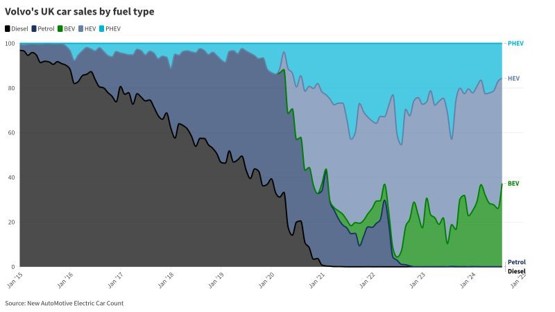
Login to continue reading
Or register with AM-online to keep up to date with the latest UK automotive retail industry news and insight.

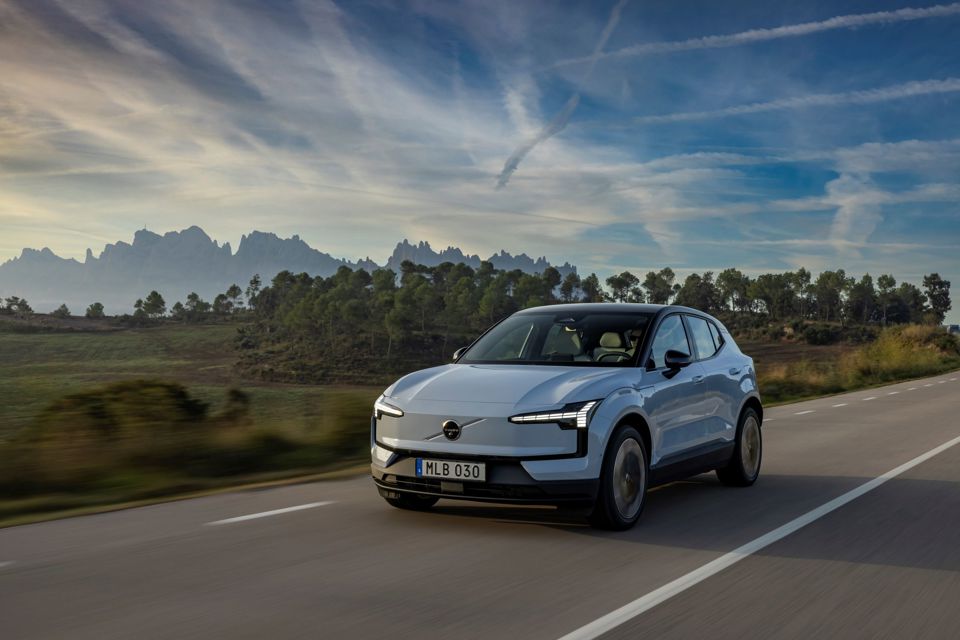


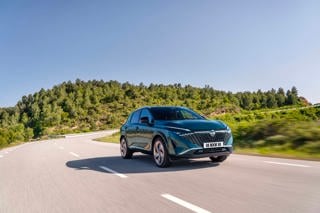
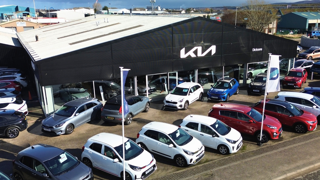
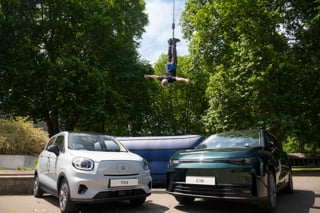
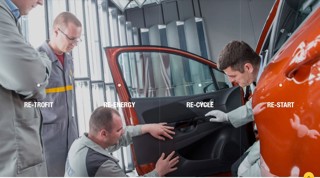












Login to comment
Comments
No comments have been made yet.